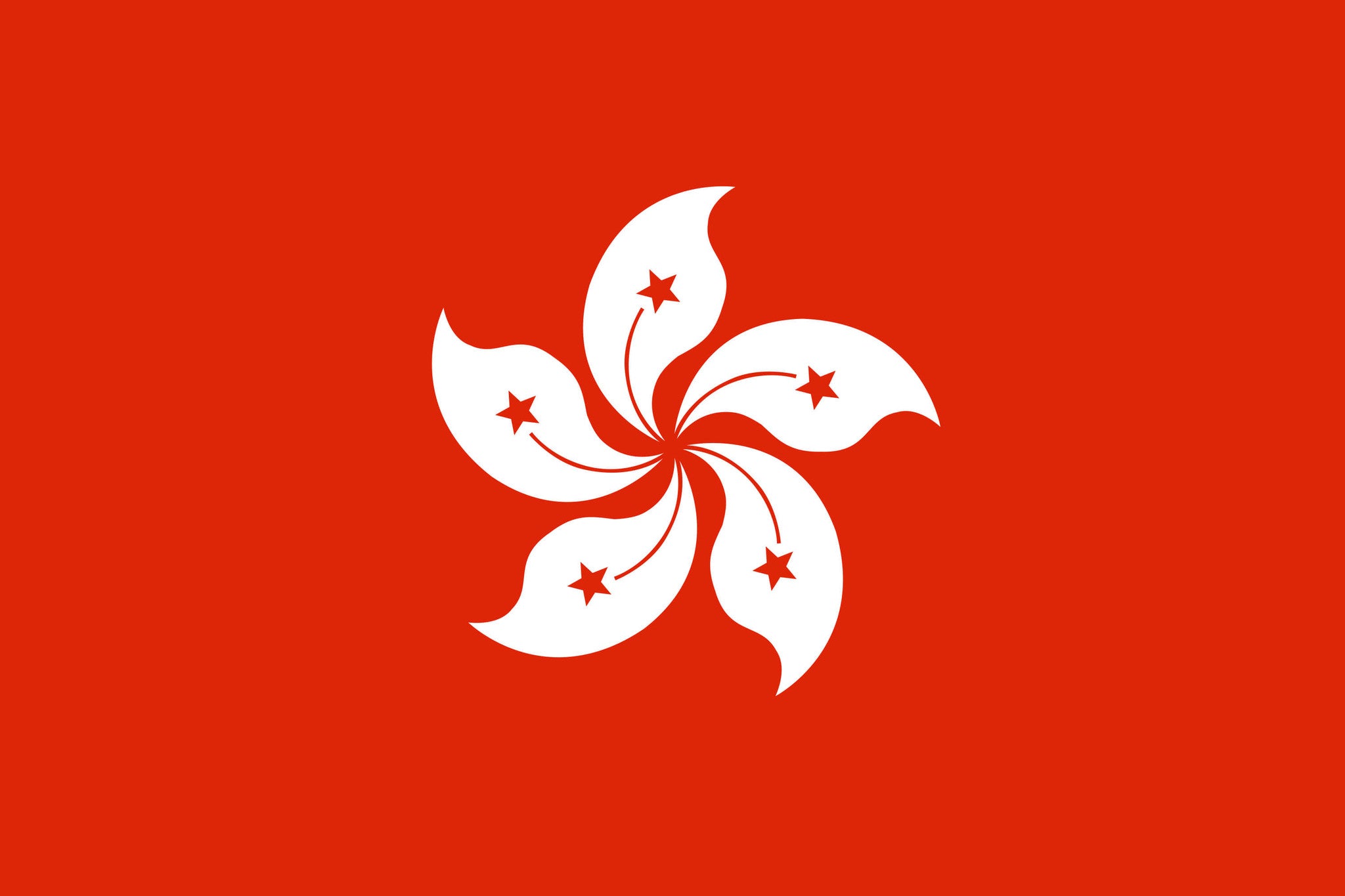FAQ
Q1:
Why Manuka?
Manuka honey is known for its ability to help improve wound healing and its antibacterial properties. In addition, due to its anti-inflammatory properties, this honey can also boost the immune system.
Q2:
What does UMF mean?
UMF (Unique Manuka Factor) is Manuka's unique factor, which is a unit of measurement of antibacterial active ingredients. Only honey collected from New Zealand's unique Manuka tree contains this highly effective Antibacterial active ingredients.
The UMF mark printed on the product is followed by a value for the degree of antibacterial activity. Only manuka honey with an antibacterial degree of 5+ can be equipped with this world-recognized mark. The higher the value, the stronger the antibacterial ability.
Q3:
How to choose honey with suitable UMF value?
UMF5+ has anti-inflammatory effect, strengthens the digestive system, promotes stomach health, moisturizes the intestines, and is used for general health care.
UMF10+ strengthens the upper respiratory tract and enhances immunity. UMF over 10+ can kill bacteria and is used for different degrees of gastrointestinal diseases and immune system diseases.
UMF15+ relieves throat discomfort, moisturizes the lung, it has significant antibacterial properties, and provides additional strength for the health of the digestive system.
UMF20+ moisturizes the skin, maintains youth, delays aging, effectively cares for ulcers and wounds, and improve digestive function.
Q4:
Why is Manuka Honey more expensive than other honeys?
Manuka honey is unique to New Zealand. To obtain pure Manuka honey, it is a specialized work for beekeepers. Manuka honey is more difficult to extract and is only collected at certain times of the year, so the harvest period is limited. The unique characteristics of Manuka honey have created high demand worldwide.
Q5:
Can young children consume Manuka Honey?
Yes, you can eat Manuka honey over the age of 1.
Q6:
Can I drink water immediately after consuming honey?
If you take manuka honey directly, please drink water 3~5 minutes after consumption, but please try to avoid drinking cold water immediately.
Q7:
Can diabetics consume Manuka Honey?
Although the ingredients of honey contain simple sugars, glucose and fructose, these are the most natural sugars. However, patients with diabetes need the consent of their doctors before they are recommended to use them.
Q8:
Can pregnant women consume Manuka Honey?
Yes, but please consume it appropriately, one teaspoon a day is enough, if cough symptoms occurred, maximum consume up to two teaspoons.
Q9:
Besides directly consuming Manuka Honey, what other ways can it be eaten?
It is recommended to take it directly for the best effect. However, if you don’t like to take it directly, you can add it to warm or cold beverages, such as soy milk, milk, sweet soups (red beans, peanuts, mung beans, add honey to the bowl) Fruits juice, jam (sandwiched in bread, steamed buns) are all acceptable. As long as the temperature does not exceed 40 degrees, it will not destroy the activity of manuka honey. Do not heat the honey with food or place it in a microwave oven.
Q10:
Does honey have an expiration date?
Honey stored in sealed containers can remain stable for decades! However, honey is susceptible to physical and chemical changes during storage; it tends to darken and lose its aroma and flavor or crystallize. These makes the shelf life of honey difficult to define. Stored and handle honey properly can retains its quality for a long time. If in doubt, throw it out, and purchase a new jar of honey.
Q11:
Does Manuka Honey need to be refrigerated?
No, honey will crystallize in cold storage, especially Manuka honey. Cold storage will destroy its activity. Therefore, we recommend that you only need to place it in a cool place.
Q12:
How to preserve Manuka Honey
After opening the can, please take a kitchen towel to wipe the mouth of the bottle and then close it tightly. Please try to place it in a cool place.

